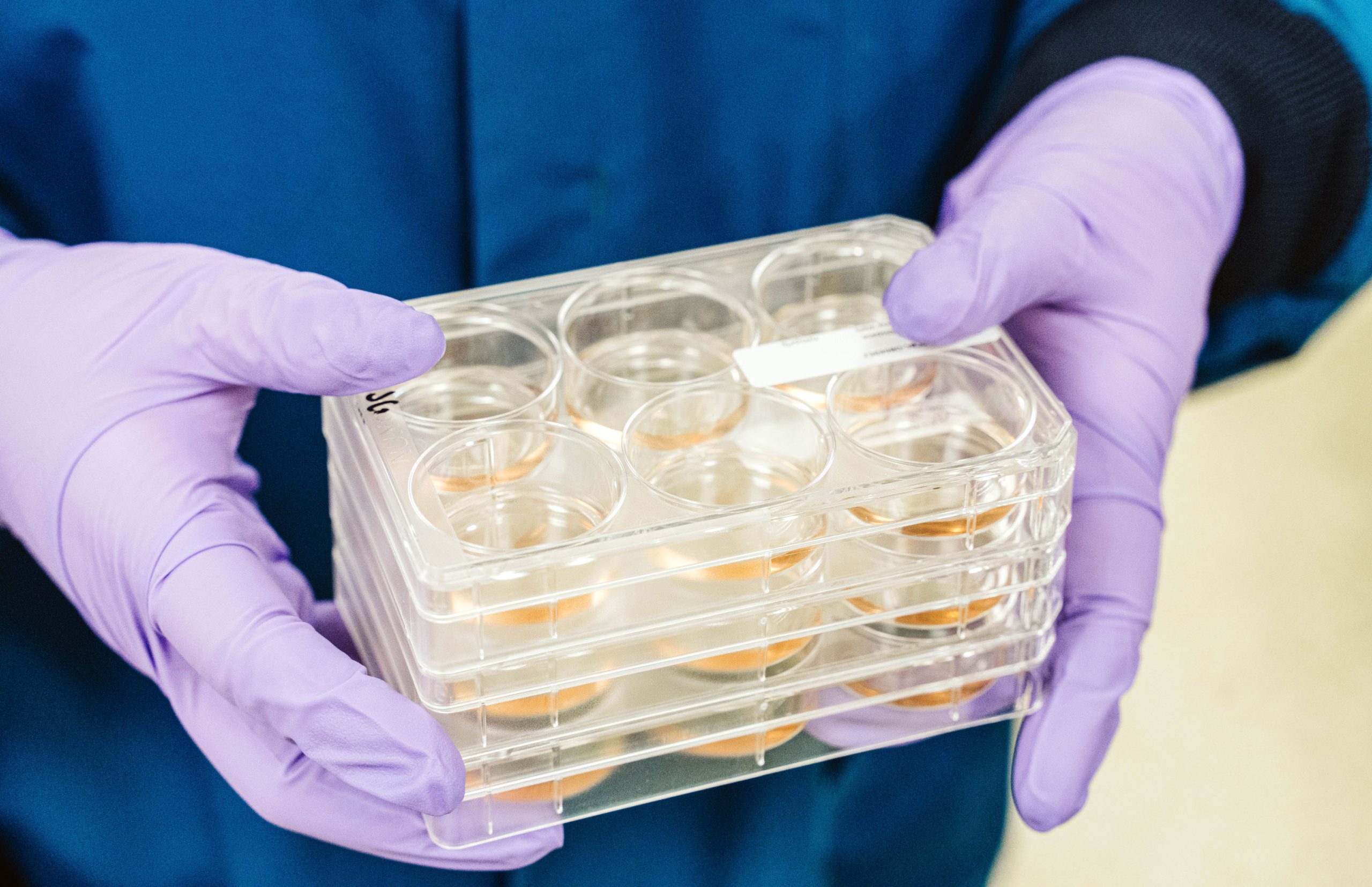PACS1 (Schuurs-Hoeijmakers) syndrome Collection
PACS1 Syndrome, also known as Schuurs-Hoeijmakers syndrome, is a neuro-genetic disorder caused by a mutation of the PACS1 gene. This syndrome is a rare disease, with only approximately 60 cases known world-wide to date. Affected individuals have global developmental delays and mild to moderate degrees of intellectual disability.
This iPSC collection, deposited by the PACS1 Foundation, serves as a model for the PACS1 genetic mutation. The collection consists of iPSC lines reprogrammed from fibroblasts of two unrelated affected PACS1 donors, and one unaffected mother. Additional information regarding familial relationships may be found here.
Showing all 3 results
Filters Sort results
Reset Apply
Cell Line | Cell Line Alias | Cell Type | Disease | Genetic Alteration/Mutation | Sex | Age at Collection | Ethnicity | Genetically Related Cell Lines | dbGaP Data |
|---|---|---|---|---|---|---|---|---|---|
Human iPS | None reported | Female | 39 Years | Asian > Indian | Yes | No | |||
Human iPS | PACS1 (Schuurs-Hoeijmakers) syndrome | DNA PCR dideoxyterminator sequencing performed on DNA obtained from a buccal specimen found a pathogenic de novo heterozygous, missense variant (c.607C>T, p.Arg203Trp) in exon 4 of the PACS1 gene (NM_018026.3); genomic variant is Chr11: 65978677C>T (GRCh37/hg19). | Female | 3 Years | Caucasian > European Asian > Indian | Yes | No | ||
Human iPS | PACS1 (Schuurs-Hoeijmakers) syndrome | Genomic whole exome sequencing revealed a de novo autosomal dominant heterozygous pathogenic variant in exon 4 of the PACS1 gene: p.R203W (c.607C>T). | Male | 6 Years | Caucasian > European | No | No |
